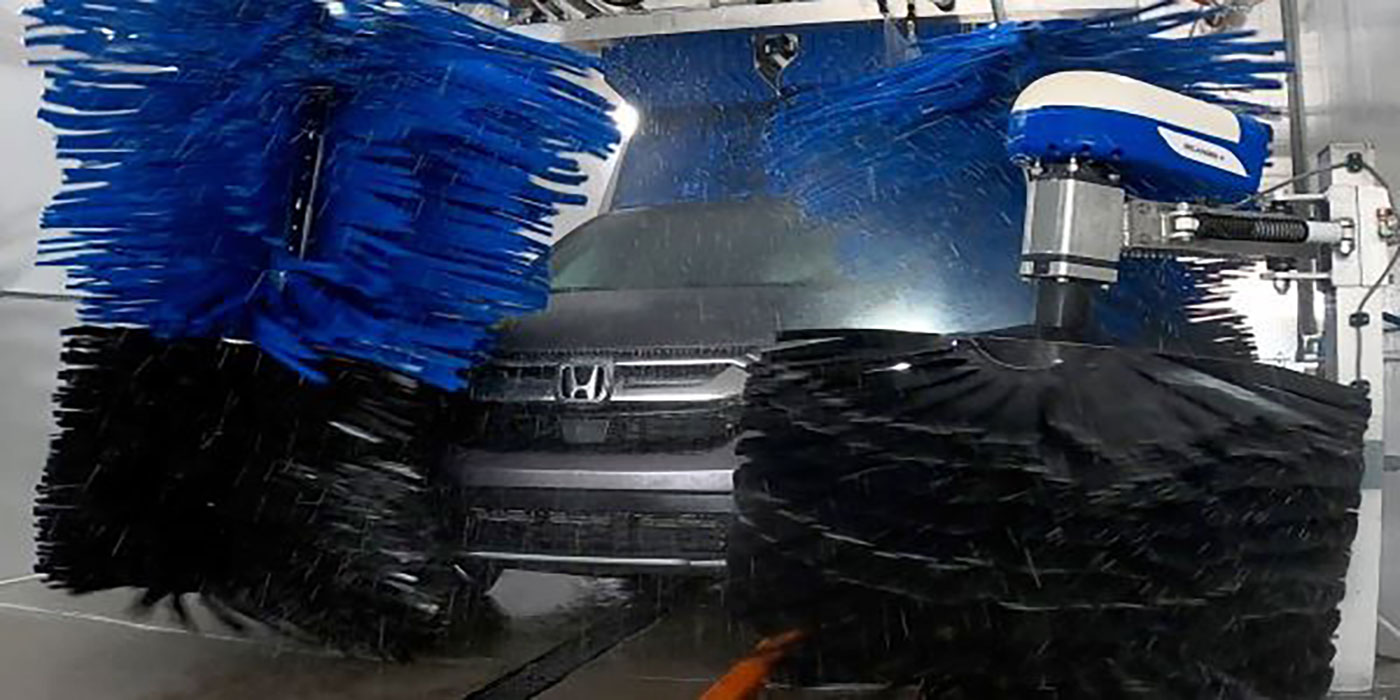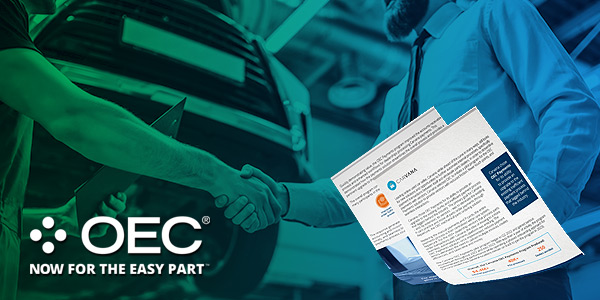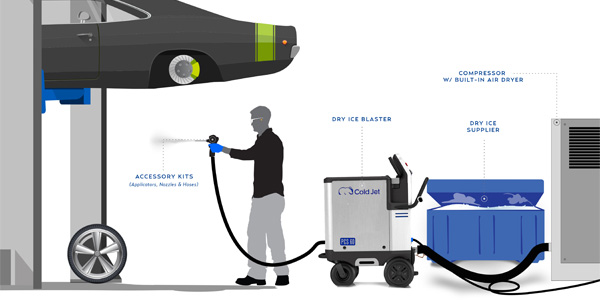Look out the window. What do you see? Does your office face the showroom? The new car lot? Perhaps it’s customer parking or the service drive. Any direction you look, you see your people — the customer who gets the wheels moving and your sales, service and support teams who make them lifelong fans of your dealership.
But in the past few years, the idea of minimal dealer-customer interaction has been gaining traction. If many manufacturers had their way, you would be reduced to a mere delivery service and repair facility.
You may ask what all this has to do with reinsurance. Isn’t that what I’m usually writing about?
Well, you can have the best owner participation program around, but it’s worthless if there’s nothing sold to fill it. And it all starts when someone buys a car from you. And that’s the beauty of the dealer-owned reinsurance company. You can focus on selling cars and still be a genius at planning your family’s financial future — with little additional effort — if you follow these five tips:
1. Prioritize Long-Term Value Over Cost.
You want the reinsurance company you own to be profitable. But if you don’t provide for it, it can’t provide for you or be there for the expected claims still several years away.
As for the admin fees, those are not all the same. The fees providers charge to support your company and the products you sell are all different, and you will definitely get what you pay for. The amounts charged are relative to the benefits you receive — and they’re not all recognized upfront.
For example, if the provider or administrator has a system to drive more VSC repair work to your service department, that adds value. Ask what you get and make sure it adds up to a comfortable fit for a long-term relationship. A reinsurance company is something you hold onto for you and your family, not a quick convenience item.
2. Get a Hands-On Agent.
Make sure you have confidence in the ability of your agent to take care of you and your dealership personnel. You need to feel comfortable with the people bringing the reinsurance provider to you.
These hands-on agents will be the ones you and your dealership’s employees will have the most contact with. In most cases, they are independent agents who may represent more than one F&I product company. However, they will generally only represent a single hand-selected company as the best provider of profit participation and reinsurance programs.
These agents and their agency will be the ones providing F&I training, assisting with any service or administrative issues your store may have and making sure your products are a good value to your customers — as well as a good fit for the long-term profitability of your reinsurance company.
3. Talk to People You Trust.
Your CPA or attorney is probably familiar with many of the companies you will be talking to and can be a valuable sounding board and source of advice. As you are making the decision about providers, invite them to the presentation.
If the provider executives you interview welcome these third-party influencers, then you are way ahead. This means they are comfortable working with the professionals you rely on for advice and are prepared to answer any questions they may have about reinsurance accounting, as well as any legal and tax issues.
On the other hand, if they bristle at your presentation invitee list, you may be smart to cancel the appointment. Move on to a provider that respects your decision-making process and has the resources and reputation that holds up to the most strenuous scrutiny.
4. Demand Regular Updates.
After everything is set up and your business is growing, take time each quarter to personally meet with your reinsurance company manager. Your provider should be reviewing your company’s management report with you in person. You should expect a detailed and full accounting of the production and reserves held.
Risk and loss information also should be reviewed, including all claims and any additional claims handling fees applied. These meetings are the best time to discuss your financial goals for the company with the people you’re paying to manage it.
This includes investment performance, the possibility of making loans from the company to help grow your dealership, dividend availability and other detailed — and often personal — financial matters.
5. Put Your Financial Advisor to Work.
Make contact with the financial manager for the reserves held in trust for future claims. Those accounts ultimately belong to you even if the provider is the trustee while it earns out. Some providers allow you, the owner, to select and work directly with the brokerage firm holding your premiums.
Your financial advisor should be aware of the opportunities and limitations of investment capabilities for those funds. And they should be working as hard as you are at feeding it. Invite them to one of your reinsurance company meetings. They are there to manage your money nonstop so you don’t have to.
As the owner of your own reinsurance company, knowing these people — a great agent to take care of your business, a caring provider who will watch over your company, a good attorney or CPA who will ask the tough questions and have your back when it doesn’t seem to add up, and a savvy financial advisor to manage your hard-earned reserves — will keep you informed and help you make smart decisions.
You have plenty to think about already. Find the right people and provider and use these tips to ensure that focusing on your customers remains your priority. Remember, be a genius!
Mark Barnes is senior vice president of sales and revenue for Portfolio, a leading reinsurance and F&I products provider.
Sponsored by Portfolio














